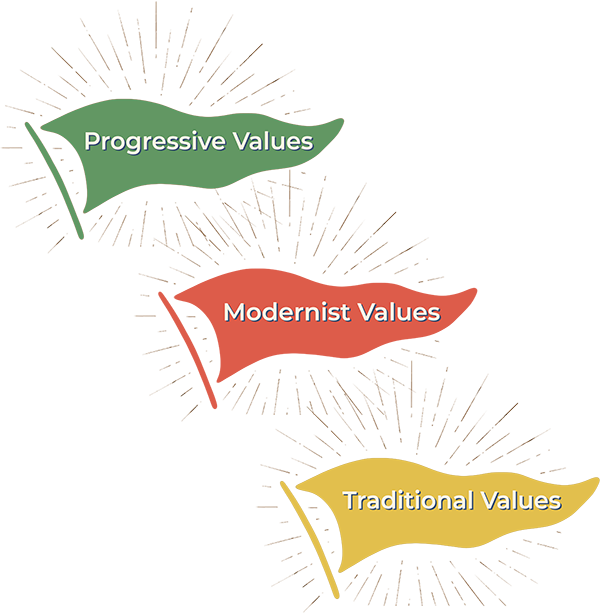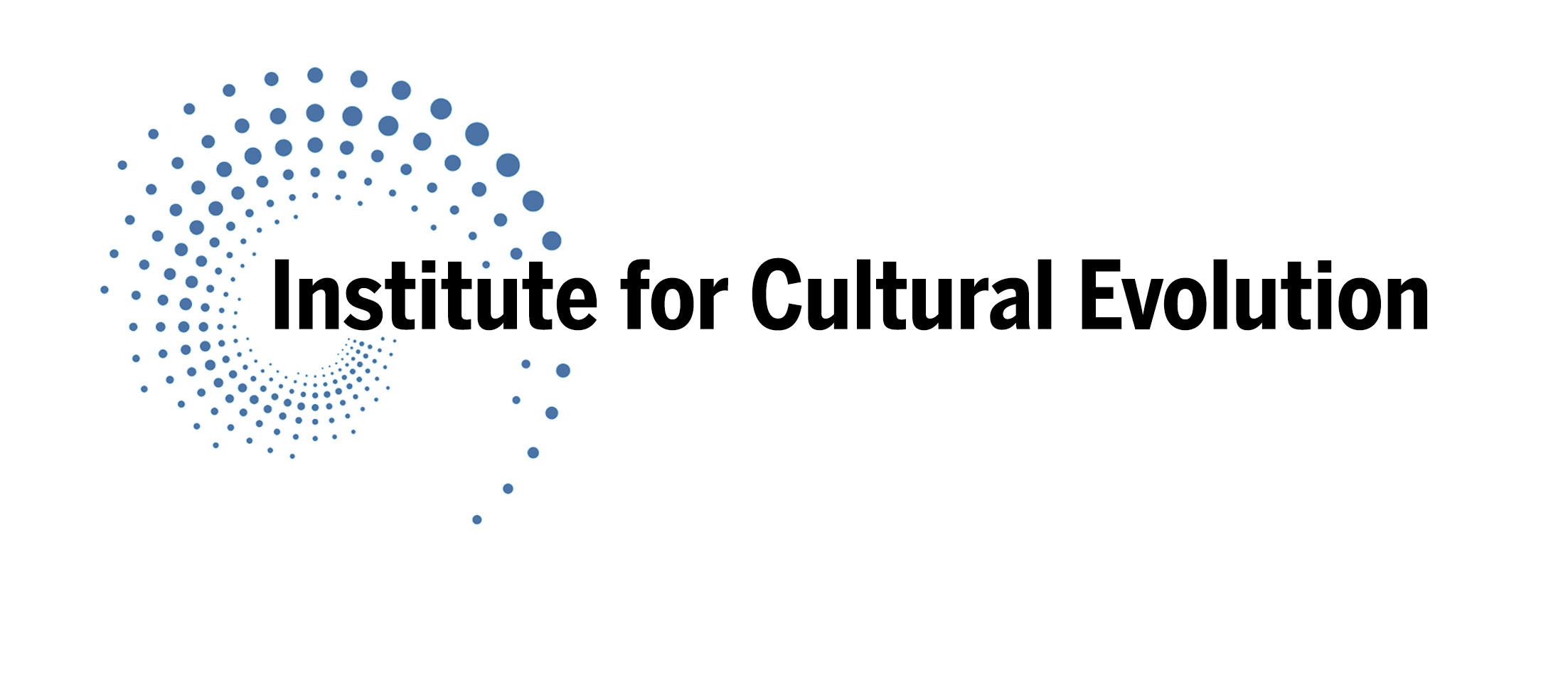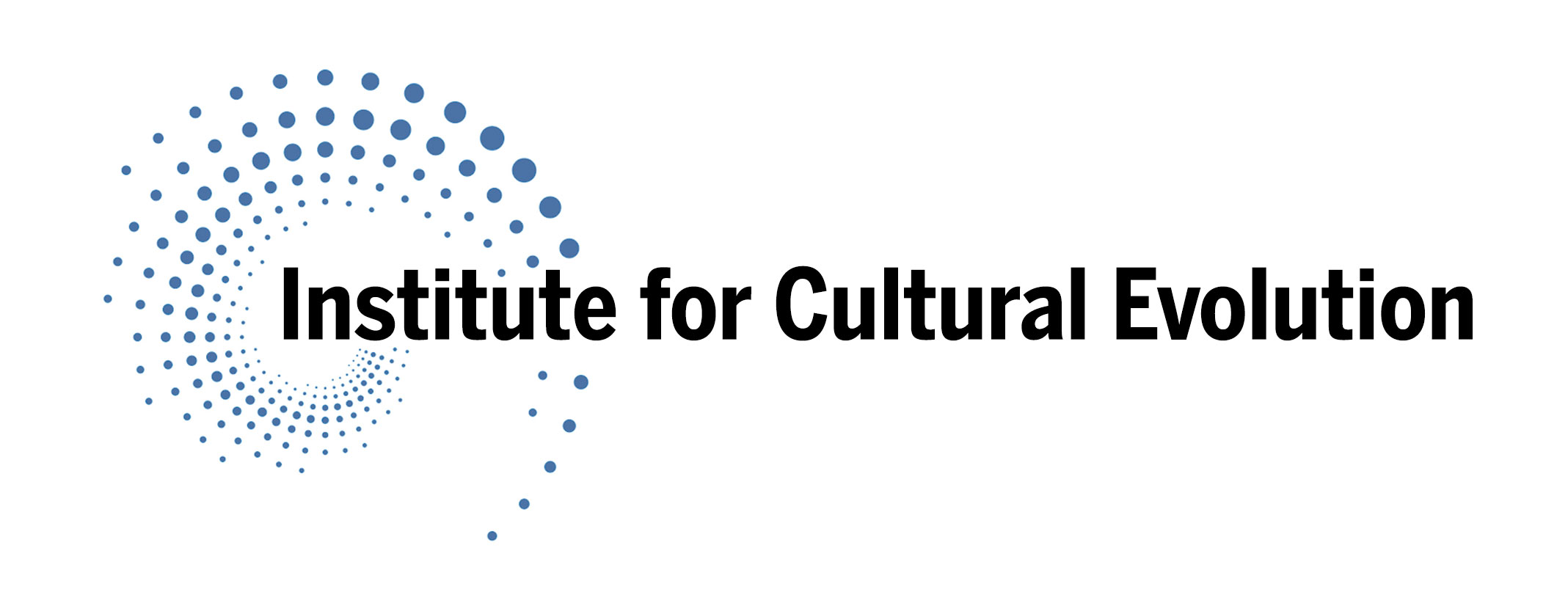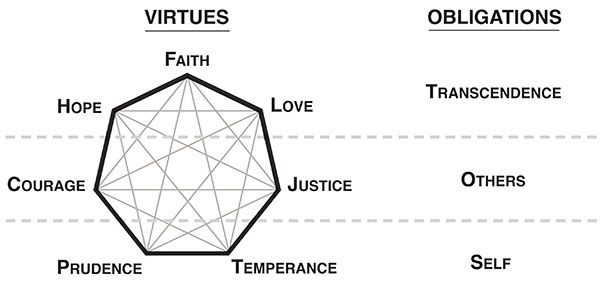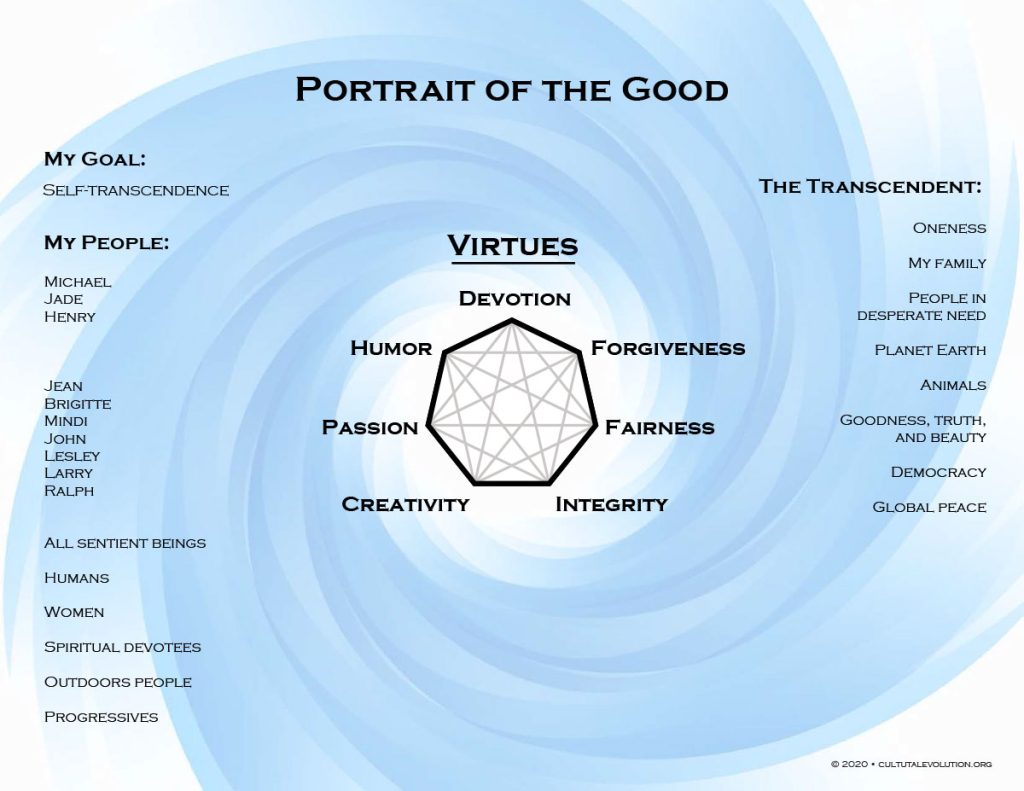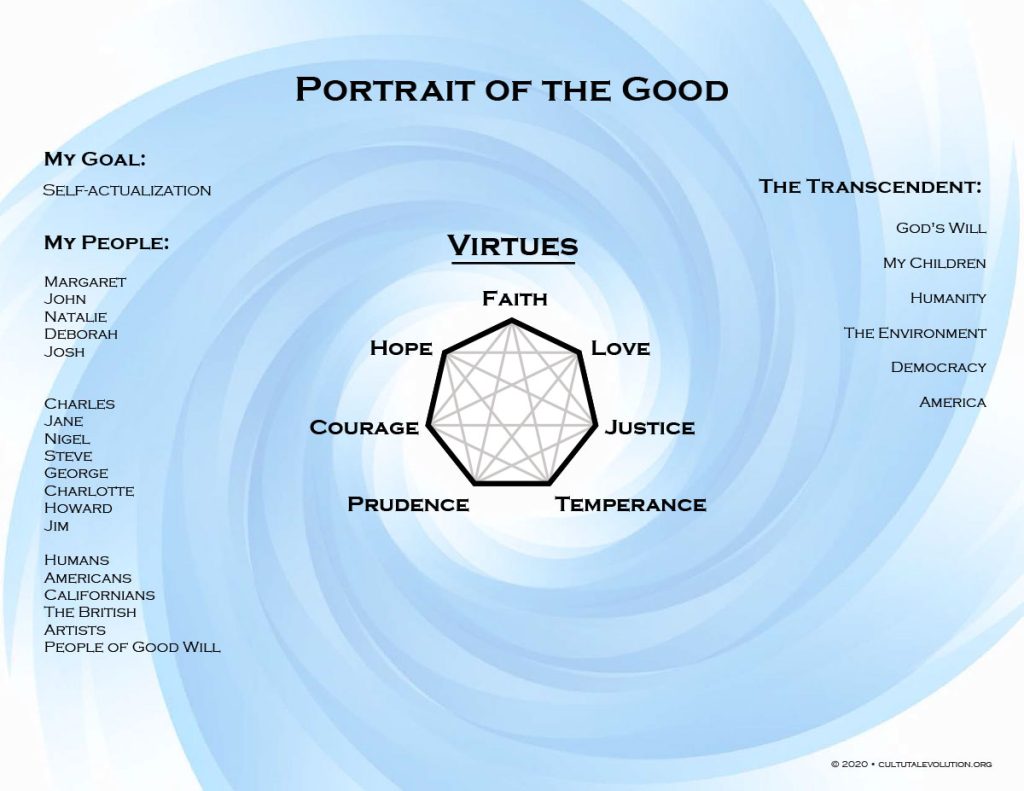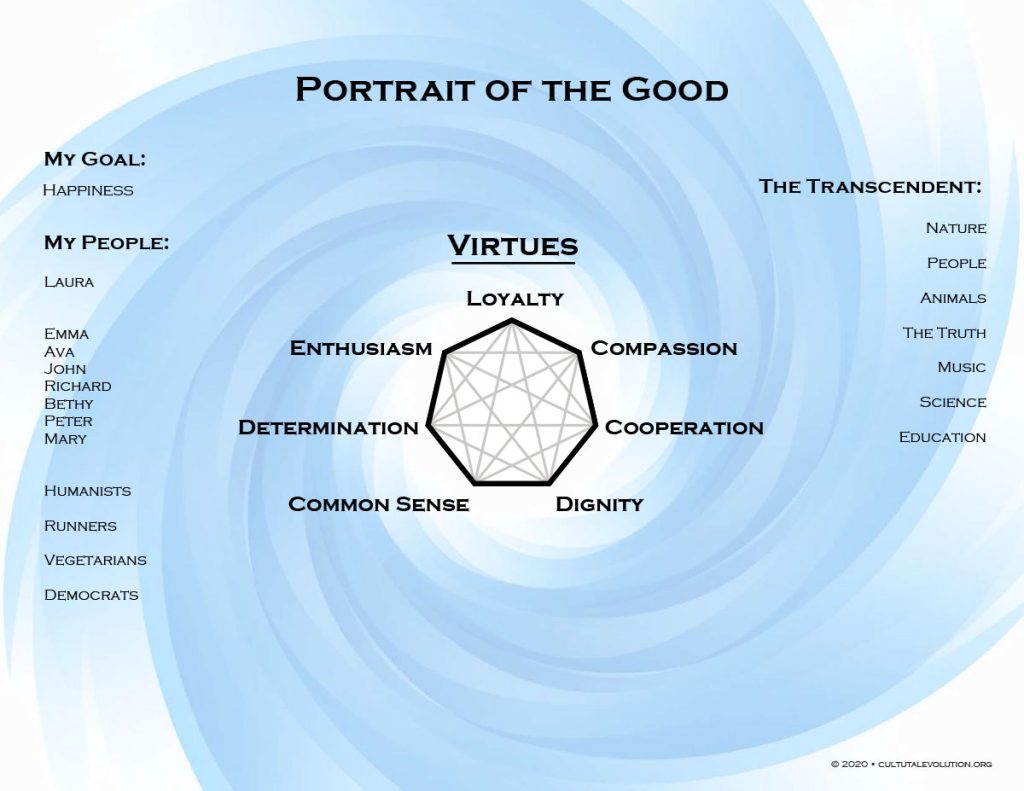Our Developmental Approach in 700 Words
American society is bitterly divided. Our differences are not merely political, they are deeply cultural. There is, however, a solution to the hyper-partisanship that’s pulling our country apart. As a result of our own rapid development, American culture has become stretched out to the point where it no longer coheres as a governable entity.

Political centrism, however, is not a viable solution because there is very little common ground left to be found. To repair our broken politics, we need to increase our collective cultural intelligence.

Cultural intelligence sees through to the bedrock values where our current conflicts lie. And once we see America’s conflicting bedrock values more clearly, we can begin to recognize how these seemingly incompatible values can actually work together.
To understand American culture, we need to recognize the basic units of culture, which are worldviews.

Worldviews are coherent sets of values that persist across multiple generations. These large-scale value systems frame reality and provide identity.
Looking beyond the binary politics of left and right, we can see how American culture is, in fact, divided into three major worldviews.
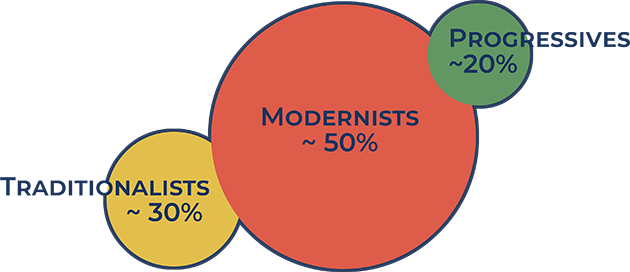
The mainstream worldview of modernity, the socially conservative traditional worldview, and the progressive postmodern worldview, which has emerged over the last fifty years.
Each of these major worldviews includes positive values that our society needs, as well as negative pathologies we must overcome. From within the perspective of each of these worldviews, the others appear wrongheaded. Each worldview sees the other worldviews’ negatives, but they don’t see the intrinsic good that the other worldviews are trying to achieve.
Yet when we use cultural intelligence to view all three worldviews from outside and above we can begin to recognize their mutual interdependence.

Cultural intelligence starts by distinguishing each worldview’s upsides from its downsides.
To see how this works, let’s start with the worldview of modernity.
Modernist values include: Individual liberty, human rights, rule of law, economic and scientific progress, and personal achievement and prosperity. These liberal values are the backbone of our society.
- Individual liberty
- Human rights
- Rule of law
- Economic and scientific progress
- Achievement and prosperity
- Environmental degradation
- Economic inequality
- Nuclear proliferation
Yet in addition to these positive values, modernity has also brought negatives such as: environmental degradation, economic inequality, and nuclear weapons. Modernity’s negatives cause some to reject it. But this important worldview can be built on and improved.
The traditional worldview also has positives and negatives. Traditional values include: loyalty to family and country, duty and honor, and the sacrifice of self-interest for the greater good. Traditional values like these represent our cultural heritage.
- Loyalty to family and country
- Duty and honor
- Sacrifice for the greater good
- Racism
- Sexism
- Homophobia
- Authortarianism
Traditionalism’s negatives, however, include: racism, sexism, and homophobia. Traditionalists also have authoritarian tendencies. Yet like modernity, traditional culture needn’t be eliminated, we can carry forward the best, while pruning away the worst.
As with modernism and traditionalism, the postmodern progressive worldview also has positives and negatives. Progressive values include: environmentalism, diversity and inclusion, and social justice for every level of society. Progressive values provide a new level of care that can help America become a more moral society.
- Environmentalism
- Diversity and inclusion
- Social justice
- Anti-modernism
- Reverse patriotism
- Divisive identity politics
- Self-Righteous scolding
- Tyrannical demands
Progressive negatives, however, include: anti-modernism, reverse-patriotism, divisive identity politics, self-righteous scolding, and tyrannical demands for immediate reform.
The newly emerging skill of cultural intelligence constitutes a transcendent developmentalist perspective because, while it affirms progressive values, it also recognizes the legitimacy and ongoing necessity of modernist values and traditional values as well.
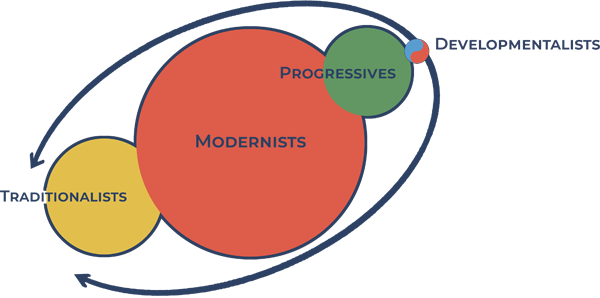
And like a biological ecosystem, these different parts of our cultural ecosystem are interdependent.
The “ah ha” moment of cultural intelligence comes when we see how all these values are needed, not only by our larger society, but by each of us personally. And as we come to appreciate and affirm the entire spectrum of positive values, we literally raise our own consciousness.
Using cultural intelligence does not change the values we hold dear. It strengthens our values and increases our ability to be energized by the motivating power of a wider range of positive values.
The only way to overcome hyperpolarization is to effectively grow out of it by becoming a more mature society. Which means we need to improve American culture across the board by strengthening each worldview’s values, while at the same time constraining each worldview’s negatives. It is thus by increasing our collective cultural intelligence that America can grow into a better version of itself.
